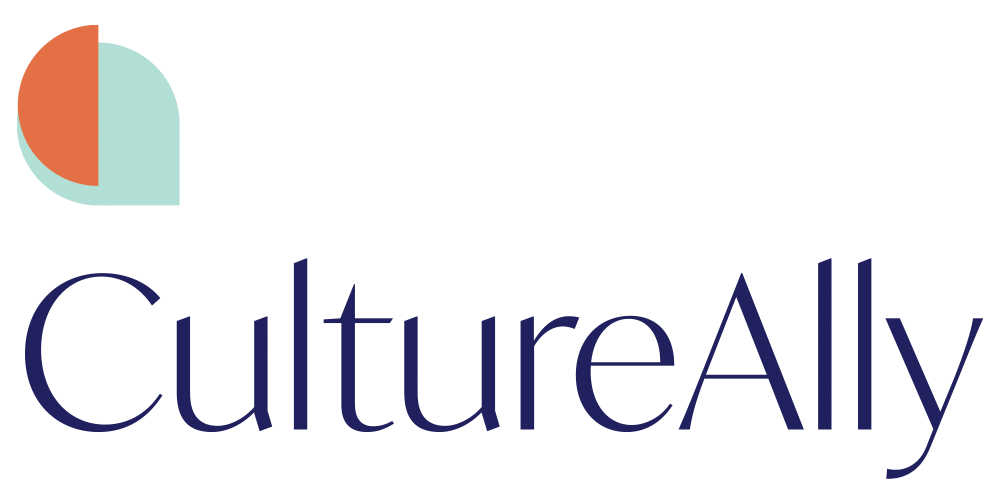Yom Kippur
Yom Kippur is regarded as one of the most important Jewish holidays.
It is one of the High Holy Days and known as the Day of Atonement. Yom Kippur is observed during the first month of the Jewish calendar, Tishrei.
Yom Kippur concludes the “10 days of repentance” that begins with Rosh Hashana.
Fasting, intensive prayers, and confession in the Synagogue are some ways this day is observed.
Facts About Yom Kippur
Yom Kippur is observed for 25 hours.
There are 5 prohibitions during Yom Kippur including eating or drinking, bathing, anointing the body with oil, wearing leather shoes, and sexual relations.
One of the standard greetings on this holiday is “tzom kal” (pronounced tzome kahl), which translates from Hebrew to "have an easy fast" in English.
After Yom Kippur, the next major Jewish holiday is called Sukkot.
Most people wear white during the holiday.
After Rosh Hashanah, Yom Kippur is the second of the High Holy Days.
How to Observe Yom Kippur in Your Workplace
Allow for paid time-off
Jewish employees may choose not to work during Yom Kippur and therefore paid time off should be provided. Paid time off will allow your employees to enjoy this sacred holiday with their friends and family without worry.
It is paramount that your employees understand that they will not be discriminated against or punished due to their religion.
Be Mindful of Events Involving Food
Be mindful of hosting events around food, such as a birthday, team lunch, or any snacks offered.
Some employees celebrating Yom Kippur may have no problem being around food, while others prefer to avoid it.
You can always ask your employees in 1:1s if they have a preference.
Recognize Everyone Celebrates Differently
People feel varying emotions during the holidays, and not everybody who observes Yom Kippur will do so similarly.
There may be some employees who will take time off or want to have open conversations about the observance with their colleagues, while others may prefer to stay quiet and not discuss their religious practices.
Learn About the Community
Take the time to educate yourself, your employees and your human resources department about the history of Jewish people. Make a note of Jewish holidays, significant traditions and symbols, statements and actions that are micro-aggressive or discriminatory and any other pertinent information.
Articles, books, workshops and eCourses are excellent educational resources. Remember, the more informed you are, the better equipped you'll be to support your employees.
Resources for the Jewish Community
Creating an Inclusive Environment
People are called to self-reflect on their failings and flaws during Yom Kippur.
No matter how you spend the day, it’s a time to atone in your own way. Self-reflection is a truly personal matter, and it is likely an employee in your workplace who celebrates it.
Taking the time to learn about Jewish holidays such as Yom Kippur is a great way to build inclusion within the company.


